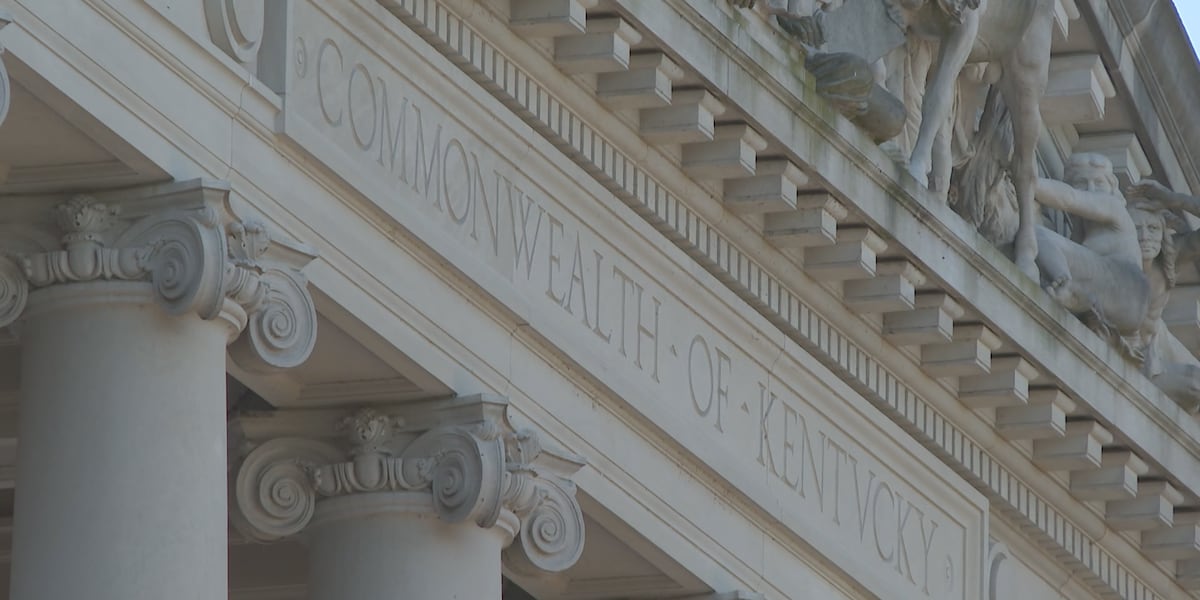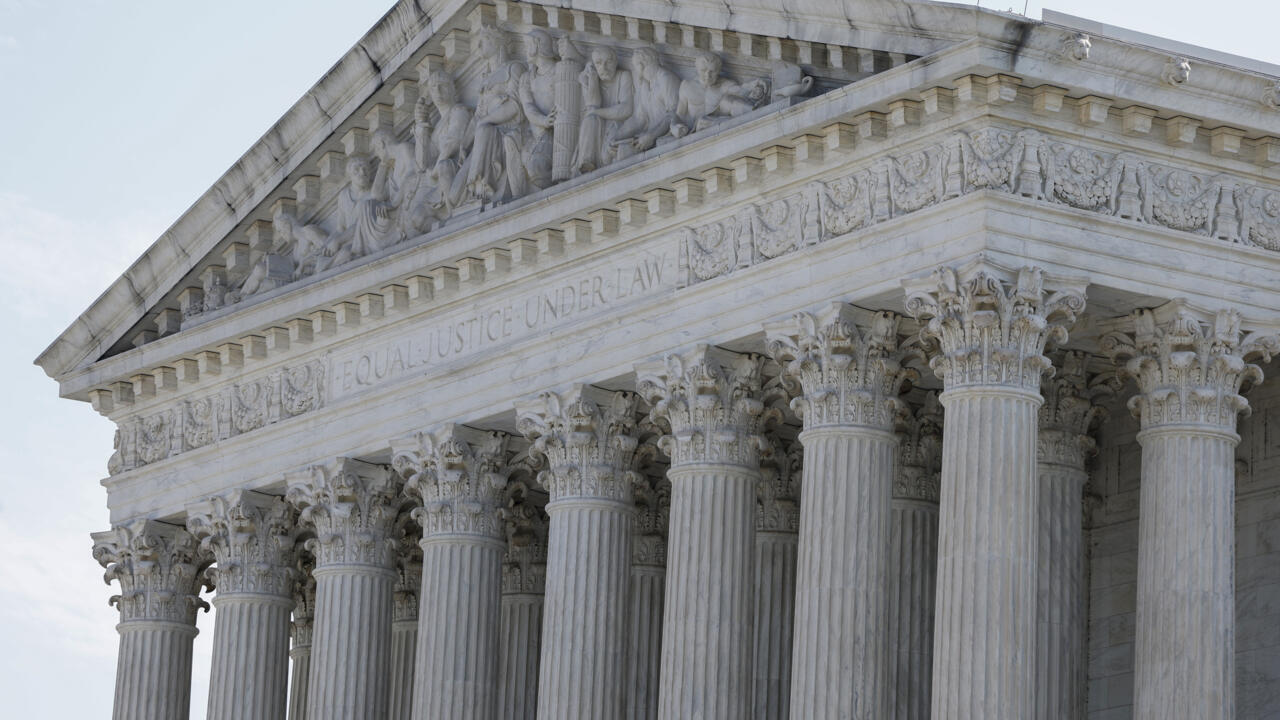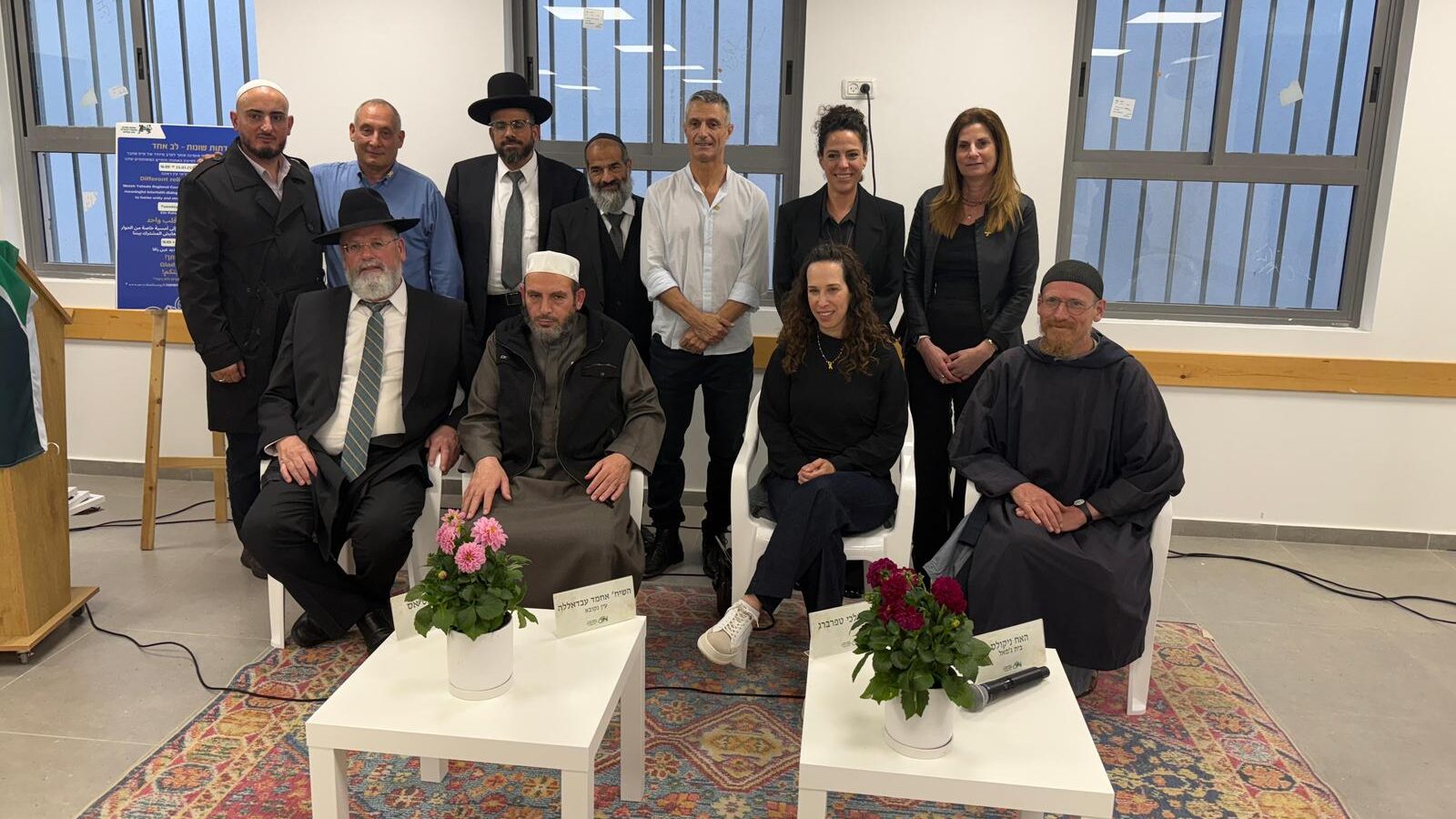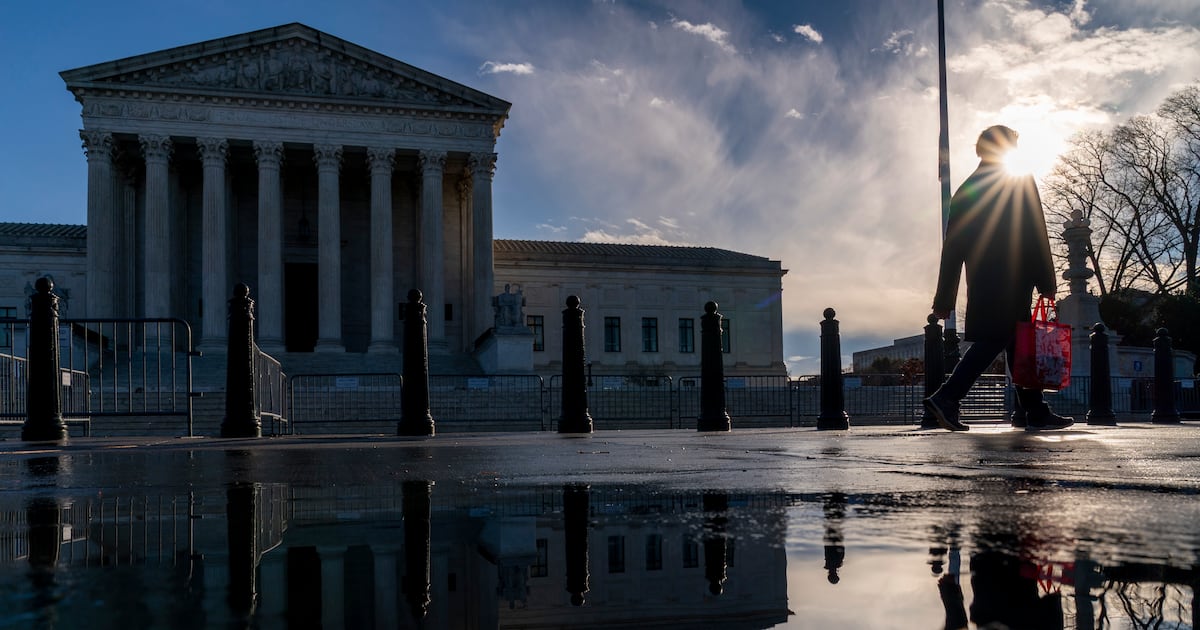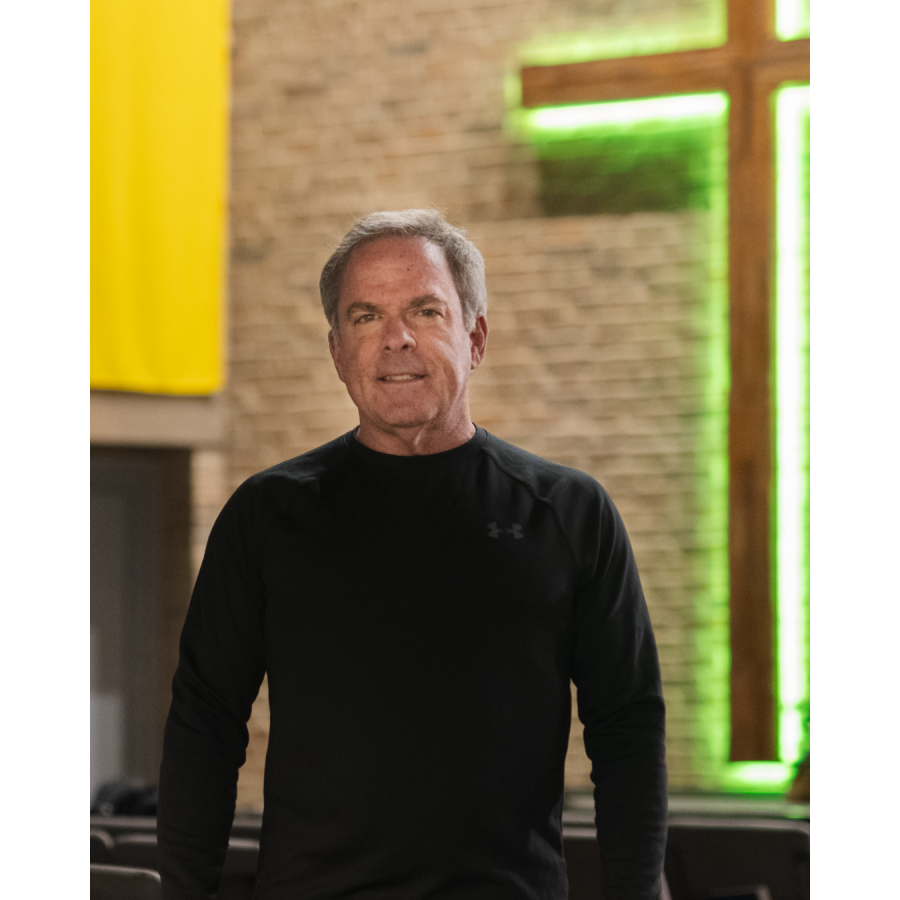Sacred or Secular? The Battle Over Religious Symbols in Europe's Halls of Power
Religion
2025-04-30 11:01:43Content
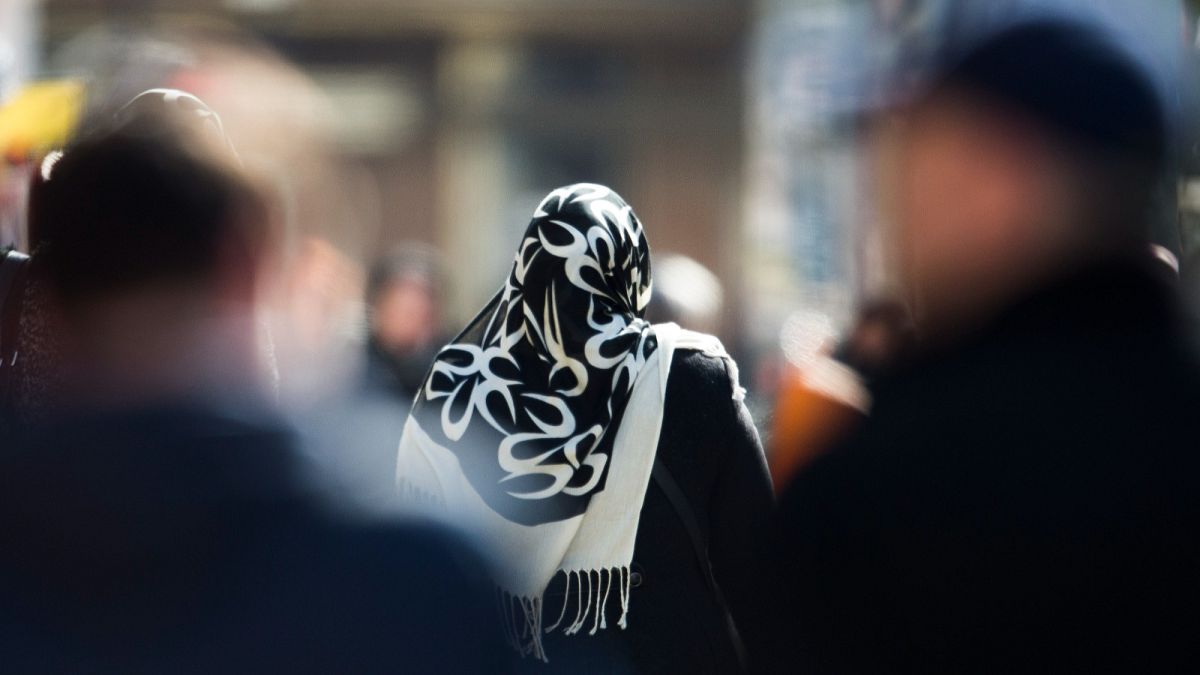
In the heart of Europe, Berlin stands at a critical crossroads, wrestling with a complex and contentious approach to secularism that has sparked intense national dialogue. The city's ongoing reconsideration of its religious expression policies reflects a broader European struggle to balance individual freedoms with collective social harmony.
As tensions simmer between traditional values and modern multicultural realities, Berlin's policy review has become a microcosm of a continent-wide debate. Religious expression in public spaces has emerged as a nuanced and emotionally charged issue, challenging long-held assumptions about integration, identity, and the role of faith in contemporary society.
The current discussions go far beyond mere legal technicalities, touching on fundamental questions of cultural belonging and personal liberty. European nations are increasingly grappling with how to create inclusive public spaces that respect diverse religious backgrounds while maintaining a secular framework.
Berlin's potential policy shifts could set a significant precedent, potentially influencing how other European cities approach the delicate balance between religious freedom and secular governance. The ongoing conversation underscores the complexity of creating social frameworks that honor both individual beliefs and collective social norms.
Navigating the Crossroads of Faith and Governance: Berlin's Secular Dilemma Sparks European Debate
In the intricate landscape of modern European society, the delicate balance between religious expression and secular governance continues to challenge policymakers, intellectuals, and citizens alike. The ongoing deliberations in Berlin represent a microcosm of a broader continental struggle to define the boundaries of personal belief and public life, raising profound questions about identity, integration, and the fundamental principles of democratic coexistence.Unraveling the Complex Tapestry of Religious Freedom and State Neutrality
The Historical Context of Secularism in European Democracies
The roots of Europe's secular traditions run deep, tracing back to centuries of philosophical and political evolution. Berlin's current reconsideration of its secularism policy reflects a nuanced understanding that religious freedom is not about suppression, but about creating a balanced social ecosystem. Historically, European nations have grappled with the challenge of protecting individual religious expression while maintaining a neutral public sphere. Scholars and policymakers have long recognized the delicate balance required to respect diverse religious identities while preventing potential social fragmentation. The German approach, particularly in Berlin, has been characterized by a pragmatic attempt to create inclusive spaces that acknowledge religious diversity without allowing any single belief system to dominate public institutions.The Shifting Landscape of Religious Expression in Public Spaces
Contemporary European societies are experiencing unprecedented demographic transformations, challenging traditional notions of cultural homogeneity. Berlin stands at the forefront of this complex dialogue, wrestling with how to accommodate increasingly diverse religious communities while preserving core secular principles. The city's policy deliberations extend far beyond mere administrative adjustments. They represent a profound philosophical examination of how modern democratic societies can create meaningful dialogue between different cultural and religious perspectives. Religious symbols, dress codes, and institutional practices have become focal points of intense debate, highlighting the intricate negotiations required to maintain social harmony.Legal and Social Implications of Secularism Policies
The legal framework surrounding religious expression in public spaces remains a contentious arena. Berlin's reconsideration of its secularism policy involves intricate legal analysis, balancing constitutional guarantees of religious freedom with the state's obligation to maintain neutrality. Constitutional experts argue that true secularism is not about eliminating religious expression but creating an environment where multiple belief systems can coexist respectfully. This approach requires sophisticated legal mechanisms that protect individual rights while preventing potential conflicts arising from religious differences.International Perspectives and Comparative Analysis
Berlin's current deliberations are not occurring in isolation. Across Europe, different nations have adopted varying approaches to managing religious diversity. France's strict laïcité model contrasts sharply with more accommodating policies in countries like the Netherlands and Belgium. Each approach reflects unique historical, cultural, and social contexts, demonstrating that there is no universal solution to managing religious expression in public life. The ongoing discussions in Berlin contribute to a broader European dialogue about finding nuanced, context-sensitive approaches to cultural and religious diversity.The Role of Education and Intercultural Dialogue
Education emerges as a critical mechanism for fostering mutual understanding and respect. Berlin's policy discussions implicitly recognize that legal frameworks alone cannot bridge cultural divides. Schools, universities, and community programs play a crucial role in promoting dialogue, challenging stereotypes, and creating spaces for meaningful intercultural exchange. Innovative educational approaches that emphasize critical thinking, empathy, and cultural literacy can help create a more inclusive social environment. By encouraging open dialogue and mutual understanding, these initiatives offer promising pathways to navigating complex religious and cultural differences.RELATED NEWS
Religion

Biohacking Messiah: Bryan Johnson's Radical Quest to Deify the Human Body
2025-05-05 09:00:00
Religion
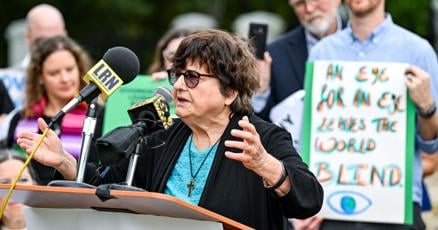
Lethal Injustice: How Faith and Execution Collide in Louisiana's Courtrooms
2025-03-16 09:00:00
